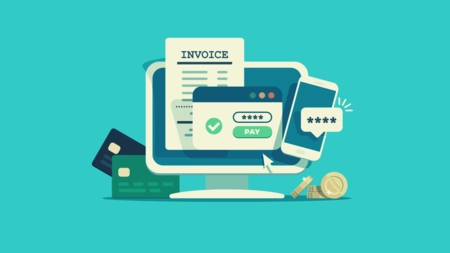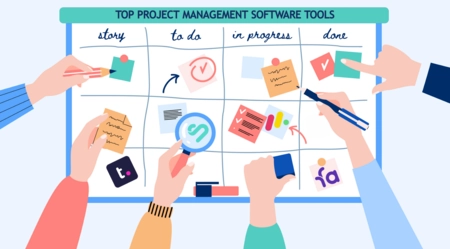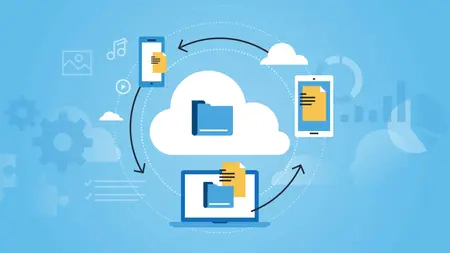
Why Construction Managers Need the Right Tools
The role of a construction manager involves overseeing various aspects of a project, from planning and budgeting to team coordination and compliance. Managing all of these tasks manually can be overwhelming, and mistakes can lead to costly delays and safety issues. By investing in the right construction management software and tools, construction managers can ensure:
- Efficient Project Coordination: Tools help track progress, assign tasks, and manage resources in real-time.
- Accurate Budgeting and Cost Tracking: Construction tools provide precise budgeting and expense monitoring to prevent overspending.
- Improved Communication: Tools allow for smooth communication between teams, stakeholders, and clients, reducing the risk of miscommunication.
- Risk Management: Identifying and mitigating risks early becomes easier with effective tools that help spot potential issues before they escalate.
Top Essential Tools for Construction Managers
With the rapid advancement of technology, numerous tools are now available to help construction managers efficiently perform their roles. Here are the top essential tools for 2024 that will help streamline operations and improve project outcomes:
| Tool | Key Features | Ideal For | Pricing |
|---|---|---|---|
| Procore | Project management, cost tracking, real-time collaboration | Large projects needing full integration | Starts at $375/month |
| Buildertrend | Scheduling, budgeting, client communication, document management | Small to medium businesses | Starts at $99/month |
| CoConstruct | Custom project management, budgeting, client portals | Custom home builders and remodelers | Starts at $299/month |
| Smartsheet | Task management, Gantt charts, collaboration tools | Teams looking for flexibility and ease | Starts at $7/user/month |
| Fieldwire | Jobsite management, task tracking, team collaboration | Small to medium construction teams | Starts at $29/user/month |
Key Benefits of Construction Management Tools
By integrating construction management tools into their daily operations, construction managers can experience a wide range of benefits that directly impact project success:
- Enhanced Project Visibility: Construction software tools offer real-time updates on the status of tasks, budgets, and schedules. This ensures that construction managers have full visibility into every aspect of a project.
- Streamlined Collaboration: With cloud-based platforms, teams, subcontractors, and clients can easily collaborate, share documents, and communicate, eliminating delays and improving teamwork.
- Time and Resource Management: Tools help optimize resource allocation by tracking labor, materials, and equipment, ensuring that the right resources are available when needed.
- Reduced Errors and Delays: Automation and real-time updates help eliminate human errors, ensure accurate data, and reduce the risk of delays due to miscommunication or oversight.
- Improved Documentation: Construction management tools help keep all project documents, from contracts and blueprints to permits and reports, organized and easily accessible.
Must-Have Features for Construction Management Tools
When evaluating construction management software and tools, there are several key features that managers should look for to ensure they meet the demands of their projects:
- Task and Schedule Management: The ability to create, assign, and track tasks, as well as establish timelines, is crucial for keeping projects on track. Features like Gantt charts and task dependencies are valuable in visualizing project progress.
- Budgeting and Cost Control: Construction projects are often expensive, and staying within budget is essential. Look for tools that offer cost tracking, budgeting templates, and expense reporting to ensure financial control.
- Document Management: Organizing blueprints, contracts, and permits can be overwhelming. Construction management software should allow for easy storage, retrieval, and sharing of project documents.
- Mobile Access: With teams working on-site, having access to project data on mobile devices is essential. Many tools offer mobile apps that allow construction managers to stay connected while on the go.
- Collaboration and Communication: Real-time messaging, notifications, and document sharing enhance collaboration between team members, subcontractors, and clients, reducing the chances of miscommunication.
- Reporting and Analytics: Insightful reports and analytics help construction managers make informed decisions based on project performance, costs, and timelines.
The Role of Communication Tools in Construction Management
Effective communication is at the heart of successful construction projects. Communication tools within construction management platforms enable managers to:
- Coordinate Teams: Assign tasks and responsibilities while ensuring everyone is on the same page about timelines and expectations.
- Update Stakeholders: Regular updates and real-time reporting ensure that clients, investors, and stakeholders are kept informed about progress and potential issues.
- Resolve Issues Quickly: When problems arise on-site, having a communication system in place allows for quick resolutions, preventing project delays.
How Construction Management Tools Can Improve Risk Management
Construction projects inherently involve risks related to safety, deadlines, and budget. By using construction management tools, managers can better manage these risks by:
- Identifying Potential Delays: Scheduling tools allow managers to track timelines and identify any potential delays early on.
- Safety Management: Safety tracking features help monitor workplace hazards and ensure compliance with health and safety regulations.
- Legal Compliance: Construction management software helps ensure that all necessary permits are in place, reducing the risk of legal issues during construction.
Conclusion
In 2024, construction managers need to embrace technology to stay competitive and ensure the successful completion of their projects. The right construction management tools not only help manage day-to-day tasks but also offer valuable insights that can streamline operations, improve communication, and ensure that projects stay on time and within budget. By incorporating the essential tools discussed above, construction managers can simplify their roles, reduce the likelihood of errors, and ultimately excel in delivering successful projects. Whether you're managing a residential build or a large-scale commercial project, investing in the best construction management software is a key step toward achieving project success.








